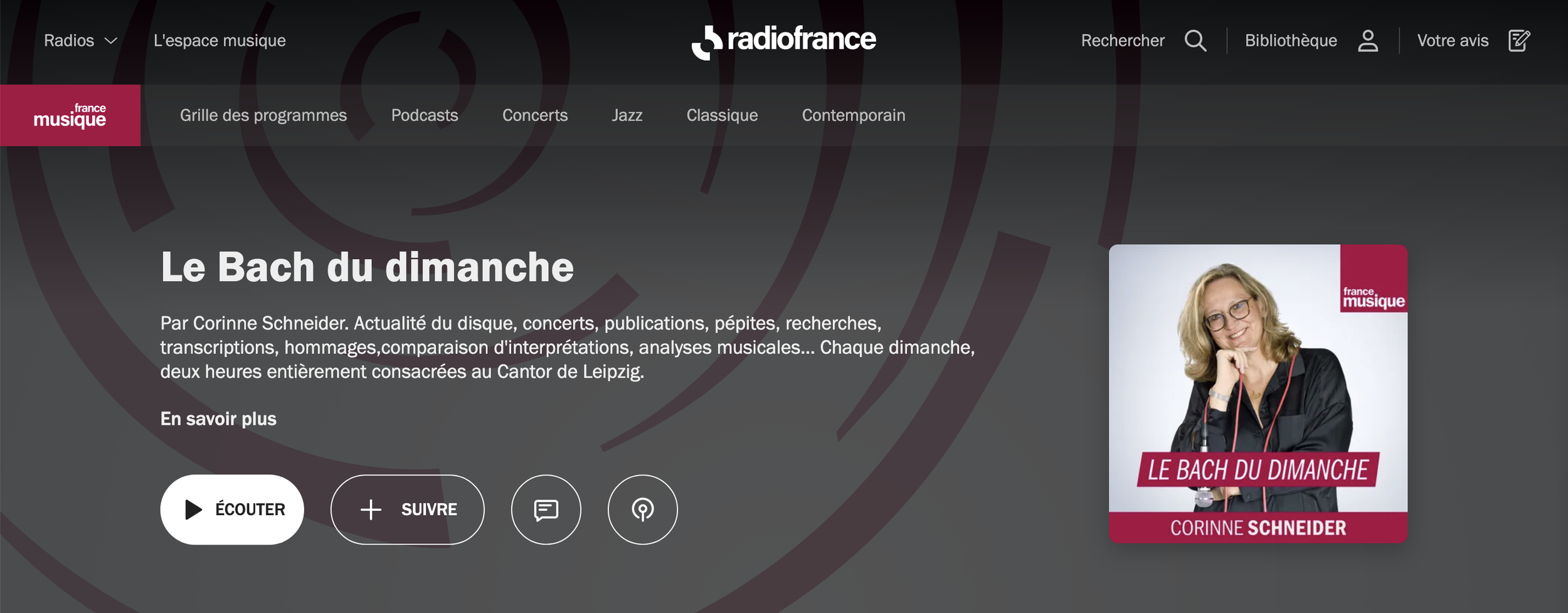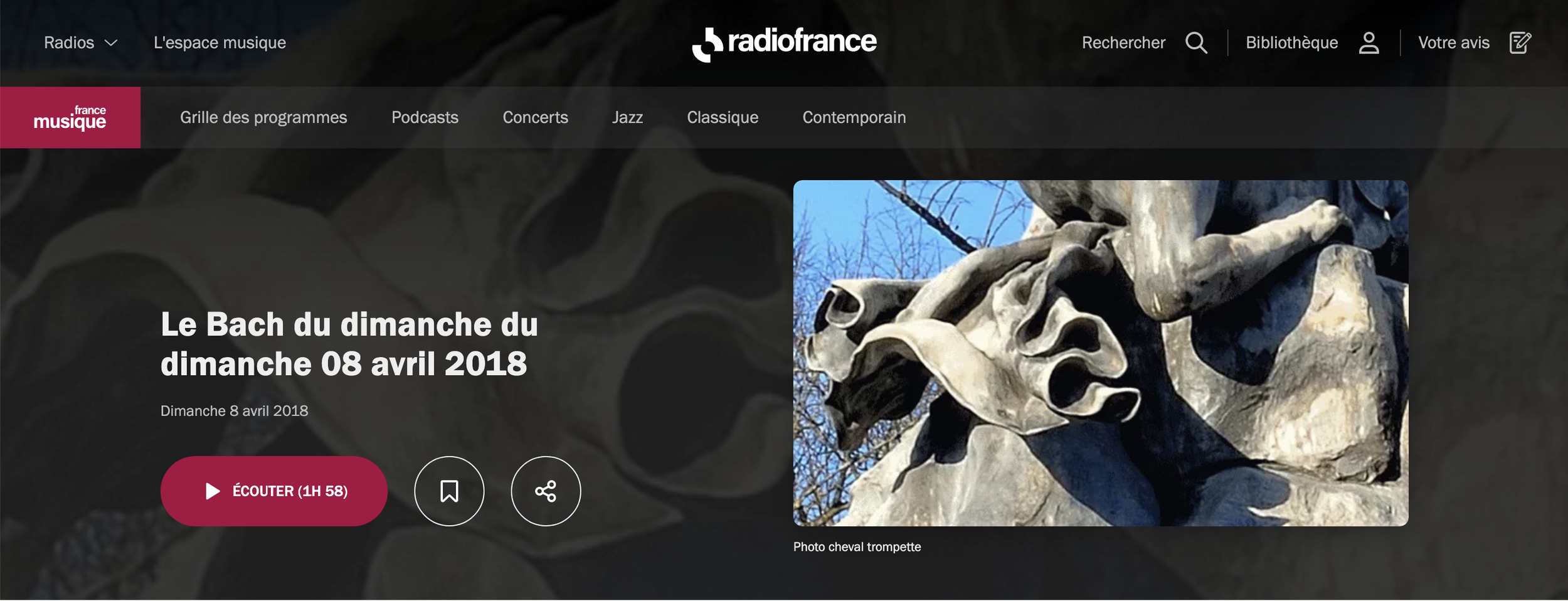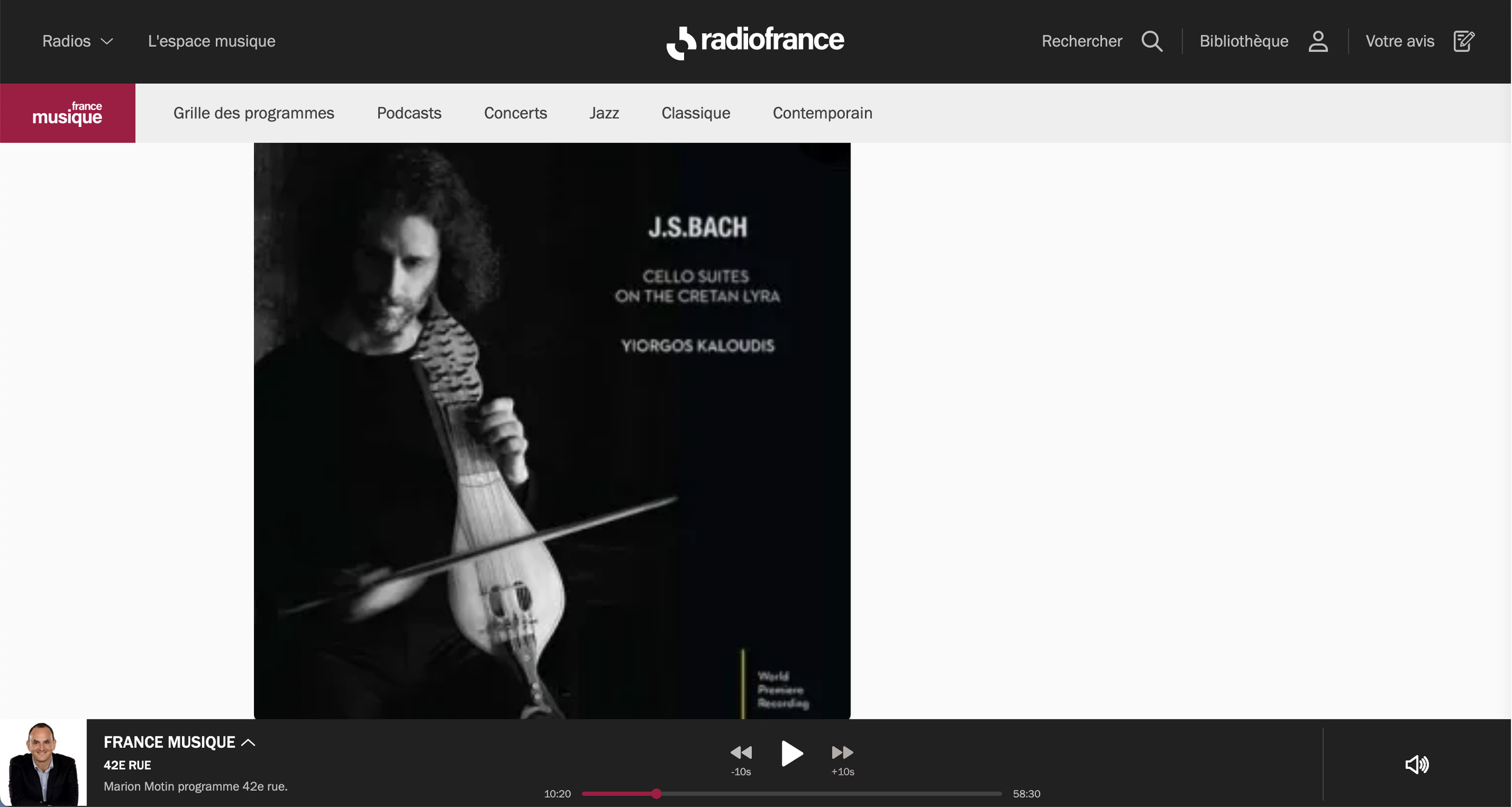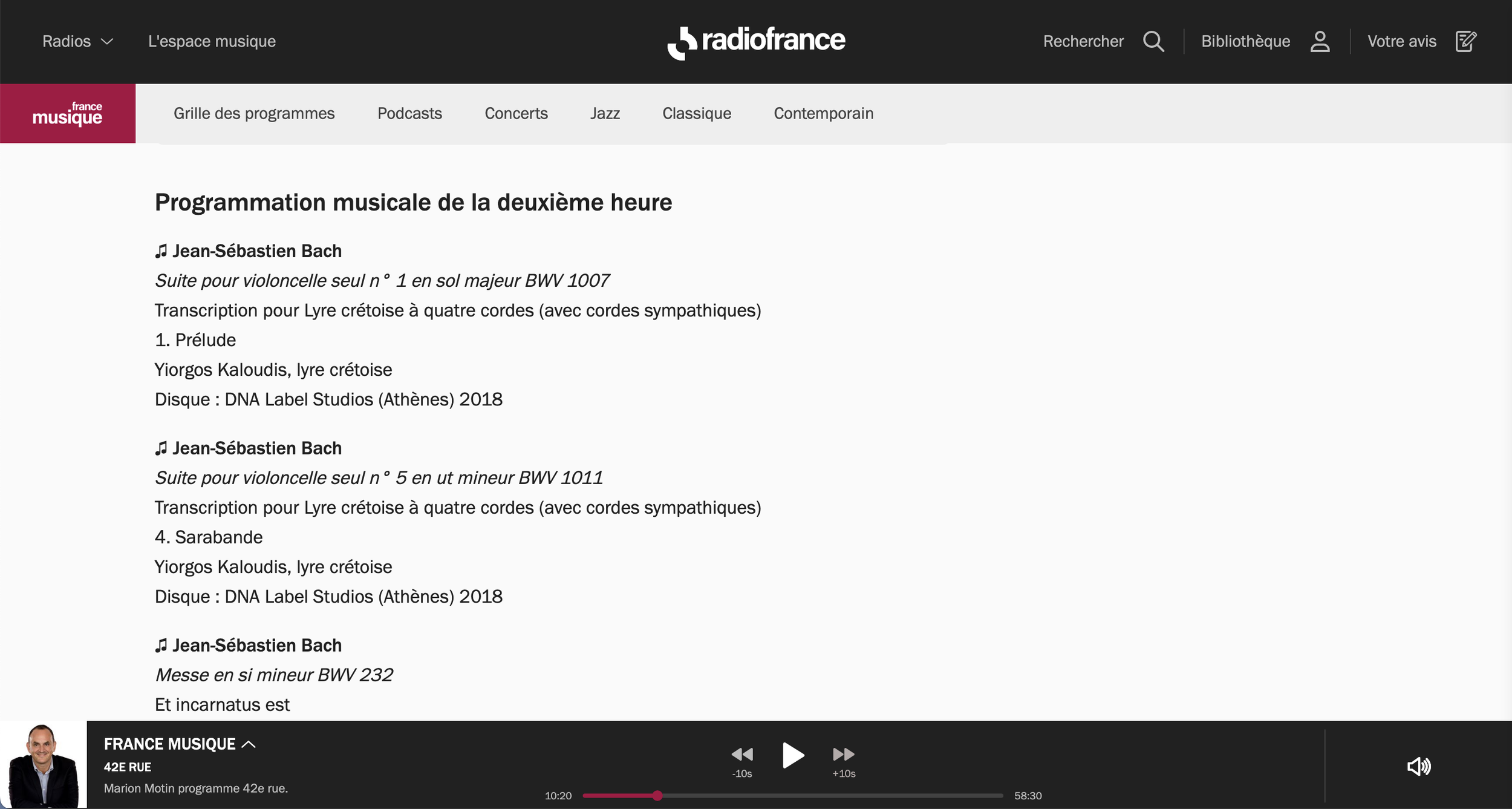Greek composer Yiorgos Kaloudis - concerts at the Radio House on the Cretan lyra
"When I write music, I follow the path of the bow." Yiorgos Kaloudis, one of the most enigmatic composers and cellists of our time, speaks so allegorically and romantically. For the first time, a series of concerts by an improviser from Greece took place at the Radio House. Yiorgos Kaloudis performs works on the Cretan lyra, the rarest bowed instrument, the possibilities of which the musician has been exploring for more than 15 years.
Греческий композитор Йоргос Калудис – концерты в Доме радио на критской лире
«Когда я пишу музыку, то следую пути смычка». Так иносказательно и романтично говорит Йоргос Калудис – один из самых загадочных композиторов и виолончелистов современности. Впервые в Доме радио состоялся цикл концертов импровизатора из Греции. Йоргос Калудис исполняет произведения на критской лире – редчайшем смычковом инструменте, возможности которого музыкант исследует больше 15 лет.
Saint Petersburg Culture (ng.ru)
(March 2023)
While Teodore Currentzis and his musicAeterna orchestra are conquering Russian cities, their current residence - the St. Petersburg Radio House - is in full swing with its own life. In the space of this legendary building, which became the main information messenger during the Great Patriotic War, lectures and master classes, creative meetings with musicians and composers, performances, and, of course, concerts are held. So, in the morning, for example, you can visit "Plyas" - a dance practice, during which choreographer Valentina Lutsenko will teach freedom of movement, and at the same time look at "Chant", where, under the guidance of one of the soloists of the musicAeterna choir, everyone who wants to work on vocal work. During the day at the Radio House lectures on philosophy and psychoanalysis are given, films are shown, and books are discussed. And finally in the evening, the mansion on Italianskaya Street is filled with the sound of music. The curator of chamber concerts, Vangelino Currentzis, offers the most interesting meetings with the art of various artists who turn their performances into a special meditative ritual.
Thus, the concerts of the Greek musician Yiorgos Kal0udis were held at the Radio House. A cellist by education (he graduated from the Athens Conservatory, where he now teaches), he is in demand today all over the world as a performer of early music, improvisations and his own compositions. This is not the first time Kaloudis has been in St. Petersburg - many years ago he performed with the Academic Symphony Orchestra of the Philharmonic and the Lege Artis choir and took part in the White Nights festival, but he had not yet been to the residence of Teodore Currentzis (although, of course, he knew about his compatriot and, as it turned out, listened to all musicAeterna albums). Yiorgos Kaloudis brought his unique instrument to the Radio House – the Cretan lyra, for which he transcribes the cello repertoire. Combining cello playing techniques and features of the traditional Cretan lyra, Kaloudis has perfected the instrument, by adding a fourth string (lower cello C). “The Cretan lyra outwardly resembles the ancient Russian whistle found in archaeological excavations near Veliky Novgorod,” says the musician. – But I would not call its sound folklore. When I play the lyre, I plunge into a special state of prayer. For me, it's a real treat." Kaloudis is sure that the specific timbre of this likeness of either cello or viola da gamba will arouse interest among lovers and connoisseurs of music history.
Actually, this is what happened - four concerts of Yiorgos Kaloudis at the Radio House gathered a large number of listeners. Two evenings were devoted to Bach's Cello Suites, written in the Keten period: when arranged for the Cretan lyra, they appeared in an even more archaic vein. “These suites are a real bible for cellists,” says Kaloudis. – The richest Bach bow technique challenges the musician. Bach's music is of great importance to me, one might say, it runs like a thread through my life. It was from Bach that I came to play the Cretan lyre.” And at a concert called APTERA, Kaloudis showed himself as a composer who is not afraid of experiments. In his improvisational pieces, the sound of the Cretan lyre entered into a kind of dialogue with the electronics and the voice of the author: this combination of ancient and ultramodern gave rise to melancholy,
But, perhaps, the La Rêveuse concerto became the most conceptually built and of great interest to medievalists. The name, which translates as "Dreamer", refers to the play of the same name by the 17th-century French composer, gambo player Maren Mare. His music was performed along with pieces of the Baroque and Middle Ages, in fact, rarities known only to narrow specialists: this is the hymn to John the Baptist, recorded by the founder of musical notation Guido Aretinsky (the initial syllables of the lines of the hymn Ut quant laxis mean steps of the scale), and a one-movement concerto for two viols (in transcription for one Cretan lira) by Jean de Saint-Colombes, and whimsical virales by Guillaume de Machaut. In a dark space, lit only by lit candles, Kaludis and his dreaming lyre invited the audience on this amazing journey to a distant era, about which we know almost nothing. The musician masterfully touched the strings of the instrument with a bow and sang at the same time, demonstrating a professional, authentic understanding of the peculiarities of the performance of early music, and the listeners, with bated breath, listened to every sound that filled the unique acoustics of the Radio House.
Надежда Травина
Saint Petersburg - Moscow
Пока Теодор Курентзис и его оркестр musicAeterna покоряют российские города, в их нынешней резиденции – петербургском Доме Радио – во всю кипит своя жизнь. В пространстве этого легендарного здания, ставшего главным информационным вестником в годы Великой отечественной, проходят лекции и мастер-классы, творческие встречи с музыкантами и композиторами, перформансы, и, конечно же, концерты. Так, утром, к примеру, можно посетить «Пляс» – танцевальную практику, в ходе которой хореограф Валентина Луценко научит свободе движений, а также параллельно с этим заглянуть на «Распев», где под руководством одного из солистов хора musicAeterna все желающие работают над вокальным произведением. Днем в Доме Радио читают лекции о философии и психоанализе, показывают кино, обсуждают книги. И, наконец, вечером особняк на Итальянской улице наполняется звучанием музыки. Куратор камерных концертов Вангелино Курентзис предлагает интереснейшие встречи с искусством разных артистов, которые превращают свои выступления в особый медитативный ритуал.
Так, в Доме Радио прошли концерты греческого музыканта Йоргоса Калудиса. Виолончелист по образованию (закончил Афинскую консерваторию, где сейчас и преподает), он востребован сегодня по всему миру как исполнитель старинной музыки, импровизаций и собственных сочинений. В Санкт-Петербурге Калудис не впервые – много лет назад выступал с Академическим симфоническим оркестром филармонии и хором Lege Artis и принимал участие в фестивале «Белые ночи», но в резиденции Теодора Курентзиса еще не был (хотя, разумеется, о своем соотечественнике знал и, как выяснилось, слушал все альбомы musicAeterna). В Дом Радио Йоргос Калудис привез свой уникальный инструмент – критскую лиру, для которой он делает переложения виолончельного репертуара. Соединяя техники виолончельной игры и особенности традиционной критской лиры, Калудис усовершенствовал инструмент, добавив четвертую струну (нижнюю виолончельную до). «Критская лира внешне напоминает древнерусский гудок, найденный в археологических раскопках под Великим Новгородом, – говорит музыкант. – Но я бы не назвал ее звучание фольклорным. Когда я играю на лире, то погружаюсь в особое молитвенное состояние. Для меня это – настоящее исцеление». Калудис уверен, что специфический тембр этого подобия не то виолончели, не то виолы да гамбы, вызовет интерес у любителей и знатоков истории музыки.
Собственно, так и произошло – четыре концерта Йоргоса Калудиса в Доме Радио собрали большое количество слушателей. Два вечера были посвящены Виолончельным сюитам Баха, написанным в Кетенский период: в переложении для критской лиры они предстали еще в более архаичном ключе. «Эти сюиты – настоящая библия для виолончелистов, – считает Калудис. – Богатейшая смычковая баховская техника бросает вызов музыканту. Музыка Баха имеет для меня огромное значение, можно сказать, она сквозной нитью проходит через мою жизнь. Именно с Баха я пришел к игре на критской лире». А на концерте под названием APTERA Калудис показал себя как композитора, который не боится экспериментов. В его пьесах-импровизациях звучание критской лиры вступало в своеобразный диалог с электроникой и голосом автора: такое сочетание древнего и ультрасовременного породило меланхоличные, воздушные звуковые пейзажи, погружающие в особую атмосферу.
Но, пожалуй, самым концептуально выстроенным и представляющим живой интерес медиевистов стал концерт La Rêveuse. Название, которое переводится как «Мечтательница», отсылает к одноименной пьесе французского композитора XVII века, гамбиста Марена Маре. Его музыка прозвучала наряду с пьесами эпохи барокко и средних веков, фактически раритетами, известными лишь узким специалистам: это и гимн Иоанну Крестителю, записанный основателем нотной грамоты Гвидо Аретинским (начальные слоги строк гимна Ut quant laxis означают ступени звукоряда), и одночастный концерт для двух виол (в транскрипции для одной критской лиры) Жана де Сент-Коломба, и причудливые вирэле Гийома де Машо. В темном пространстве, освещаемом лишь зажжёнными свечами, Калудис и его лира-мечтательница приглашали публику в это удивительное путешествие в далекую эпоху, о которой мы почти ничего не знаем. Музыкант виртуозно касался смычком струн инструмента и одновременно пел, демонстрируя профессиональное, аутентичное понимание особенностей исполнения старинной музыки, а слушатели, затаив дыхание, внимали каждому звуку, наполняющему уникальную акустику Дома Радио.
Надежда Травина
Санкт-Петербург – Москва
GRAMOPHONE MAGAZINE
(August 2018)
BACH BY OTHER MEANS:
William Yeoman Finds Bach's Music Shining Brightly Whether Played on Guitars, Recorder, Accordion or a Cretan lyra
Every arrangement of one of JS Bach's works expresses, as does every performance of it--and what is a performance, if not a kind of arrangement?--a hitherto hidden aspect of the work's character, whether subtle or strong. That's one thing the following recent recordings, of arrangements and transcriptions of Bach's music for diverse instruments, have in common. With the exception of the recorder, the other is how remote these instruments are from those of Bach's time. Even Michael Poll's seven-string guitar, while evoking the sound world of the Baroque lute, in no way attempts to mimic its distinctive qualities.
Even the ancient Cretan lyra, normally with three main strings and a number of sympathetic strings, accepts an extra main string to accommodate the range of Bach's five Cello Suites (No 6 for five-string violoncello piccolo not included) as performed by cellist and fourth-generation Cretan lyra player Yiorgos Kaloudis. A little smaller than the lyra viol, the instrument is played with the nails of the left hand held against the side of the strings rather than pressing down on them. It has a pungent yet resonant tone, which Kaloudis beautifully exploits in these haunting accounts, rich in ornaments and improvised passages.
THE NATIONAL HERALD
(Thursday, January 10, 2019)
Cellist/Cretan Lyra Performer Yiorgos Kaloudis Talks to TNH about His Music
“Listening to Kaloudis’ CD, J.S.Bach: Cello Suites on the Cretan Lyra, you are immediately impressed by his extraordinary talent and skill in interpreting this beautiful music, making the most familiar of Bach’s Cello Suites sound fresh and vibrant through Kaloudis’ unmistakeable energy and connection with the music and the instrument.
The dedication of the artist to his music is clear in the depth and meaning he communicates through these pieces.
While music fans around the world enjoy his impressive work through his recordings, seeing him perform live is a special treat. Many fans, especially in the U.S., are eager to see Kaloudis perform Bach live as soon as possible.
We wish him all the best.”






Ρέθυμνο: Για πρώτη φορά συναυλία-ωδή στις ψυχές της Νεκρόπολης Ορθής Πέτρας
Εντυπωσιακές εικόνες και ήχοι, καθήλωσαν το φιλόμουσο κοινό στην πρώτη συναυλία στην Νεκρόπολη της Ορθής Πέτρας.
Ο Ρεθύμνιος στην καταγωγή μουσικός που διαπρέπει διεθνώς, Γιώργος Καλούδης, αποδέχθηκε την πρόσκληση της Εφορείας Αρχαιοτήτων Ρεθύμνου και καθήλωσε το κοινό στον αρχαιολογικό χώρο της Ελεύθερνας.
Αναγεννησιακή κρητική λύρα και τσέλο σε απόκοσμες αποδόσεις στον ιερό χώρο, με την επιβλητική του ατμόσφαιρα.
cretedoc.gr




